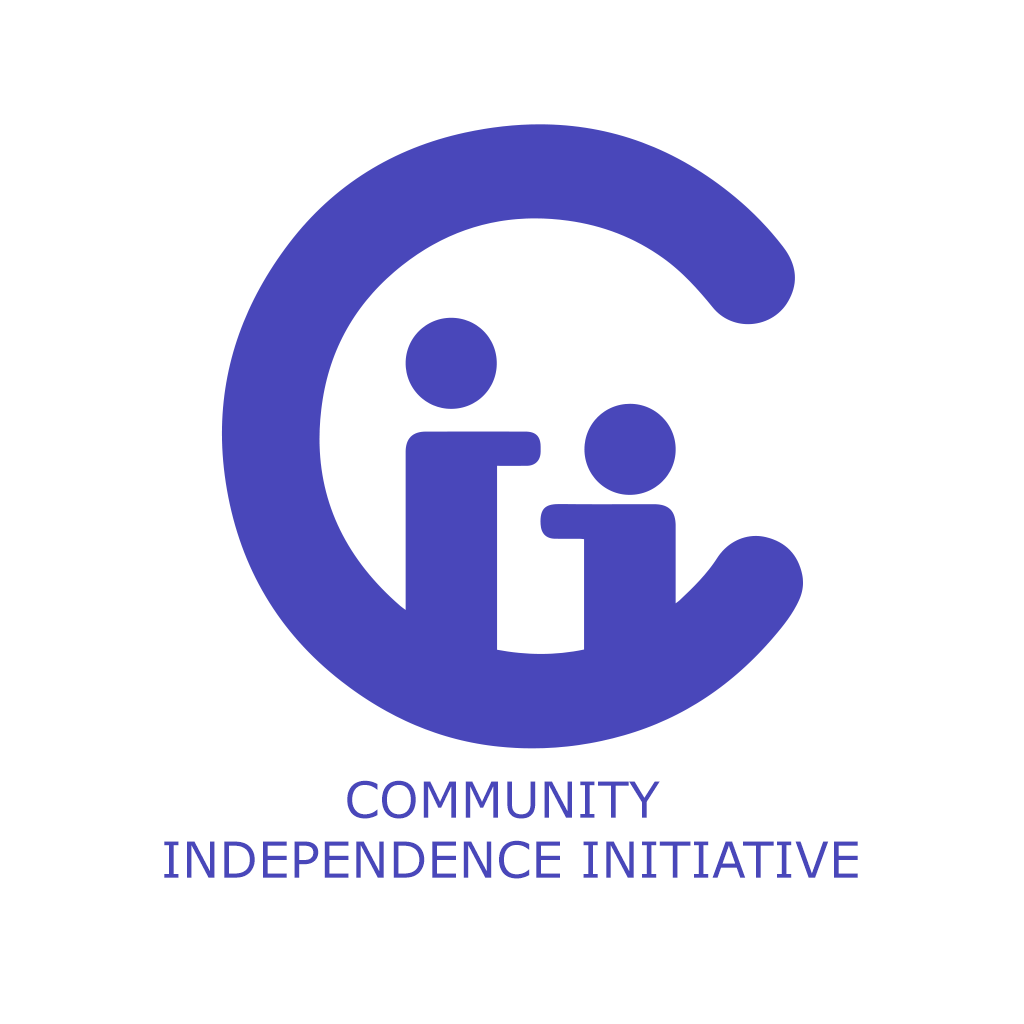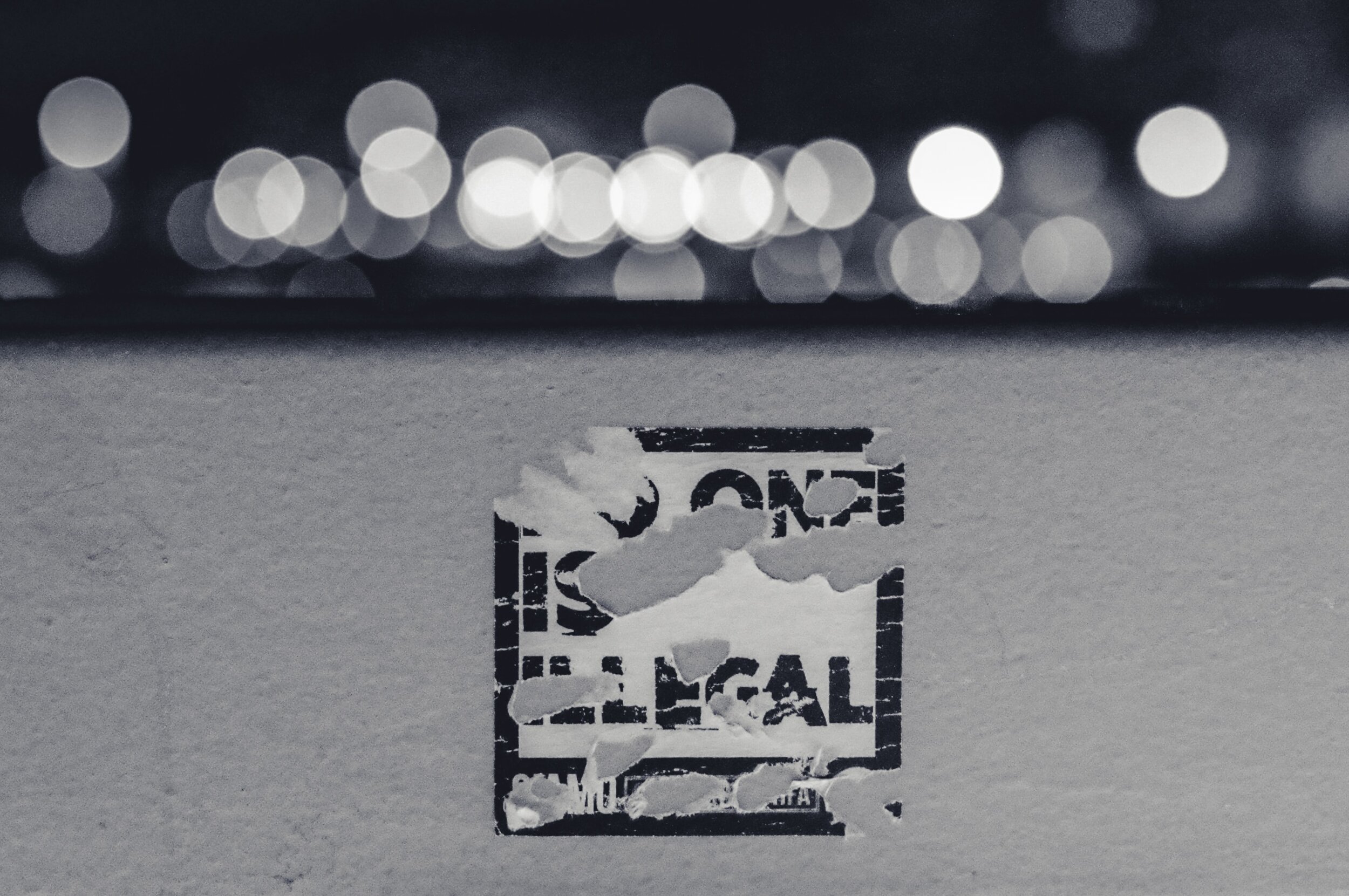Feeding Racism
… the more liberal. Though she tried to hide our economic status, in her church she was looked upon as ‘needy’, which to her translated to 'weak'. She was anything but weak. The paternalism of their offers of help ate at her. “They take my pride away. Even the nice ones believe Mexicans are dirty and lazy.” She had little use for help that made Mexicans appear weak. Pride and self-respect were the drivers of my mother’s resourcefulness that got me through college.
In a 1963 letter to other pastors, while in the Birmingham jail, Martin Luther King, Jr. wrote: “I have almost reached the regrettable conclusion that the Negro’s great stumbling block in his stride toward freedom is not the White Citizen’s Counciler or the Ku Klux Klanner, but the white moderate.” Noting their paternalism, he continued, “Shallow understanding from people of good will is more frustrating than absolute misunderstanding from people of ill.”
More recently, as mass protests and fires demonstrate the continued frustration with racism, Van Jones, a commentator on CNN, voiced that same frustration I heard as a child. “It’s not the racist white person we have to worry about, it’s the white liberal Hilary Clinton supporter walking her dog in Central Park…” (alluding to a white woman who falsely called the police saying she was being threatened by an African American man) Van Jones was self-critical noting that “People are tired of people like me saying we will come up with a bipartisan solutions or we are one vote away from change…” Those promises have been made by the well-intended for generations.
Many of us work for funders or programs in the social sector seeking change and justice. Yet those wanting change rarely realize their efforts are the greatest barrier to the change they want to see. One of the most difficult obstacles to progress is the intrinsic bias carried by the well-intended that falsely promise better programs, better outcomes, from Clinton’s Empowerment Zones, Obama’s Promise Neighborhoods, to Trump’s Promoting Opportunity initiative. Personally, I’m tired of over fifty years of funders and programs promising solutions to poverty. They have adjusted their language but no real change is in sight, just promises. Like Van Jones I’m tired of giving credit to the dozens upon dozens of programs and initiatives that depict the folks I grew up with as ‘needy’, and those of us wanting change as the saviors. The fact is the families are the only experts of their lives and they are contributors and essential to society. This pandemic is finally making visible how essential lower income workers, heavily women and people of color, are to our society.
While a lack of money is a defining quality of poverty, I believe the greatest barrier is the prejudice that is bolstered by those of us who claim to care about social justice. Our efforts hide, rather than bolster, the capabilities and talents of the very people we seek to help. My mother would often say something like “They want to give us clothes, but all I need is money to start my business.” There is still no investment system for what she sought. But angel investors are there for the privileged twenty year olds coming out of Princeton or Stanford. She didn’t want hand-outs or a hand up. She was tired of being held back because she was a woman and she was darker than her co-workers. She just wanted a chance to participate in our society as an equal and not be portrayed as some incapable or threatening stereotype.
The murder of George Floyd may have sparked the current indignation, but it is not the root cause of the frustration we should all feel. Peaceful protests like those from Martin Luther King to Colin Kaepernick have not led to solutions, just promises. Those of us that care about social justice need to “look in the mirror” as Van Jones said. “We promise a better outcome but fail everyday”. The paternalism of our solutions just adds credibility to racism. Doing something good can no longer be good enough. If you are not attacking racist stereotypes, then you are adding to them. There is no longer a middle ground. Our complicity has gone on for too long. If you seek to address our social ills, look critically at what you want to do and then truthfully ask: Does my RFP or program focus on solving “need” or investing in strengths? Does it challenge racist stereotypes that communities of color are weak? Intent is no longer good enough.
Too many of us do this work to feel better about ourselves. We make promises and feel good, believing we aren’t intentionally racist. But by continually boasting about our importance, our innovations, and then portraying communities of color as needy recipients, we perpetuate the stereotypes, the racism, the denigration that sets the stage for three police officers to stand and watch as one of their own slowly murders a black man.
Those of us in more privileged positions need to learn how to work as peers, not superiors, with communities of color. Not just in the United States but especially in the global south. There has to be mutuality in purpose and action across class, race, gender and even across continents. At least some of us have to come together, realizing that racism, sexism, classism and other prejudices are the real enemy that leaves us facing the same racial divide my mother faced in the 1950’s. We cannot have equality until those championing social justice realize that our communities of color are not their playgrounds. Doing good can no longer be good enough.
Commentary by Van Jones:
https://www.cnn.com/videos/us/2020/05/29/van-jones-george-floyd-white-liberal-hillary-clinton-supporter-sot-newday.cnn
Mauricio Miller, Author
Copyright © *2020* “The Alternative." All rights reserved.

